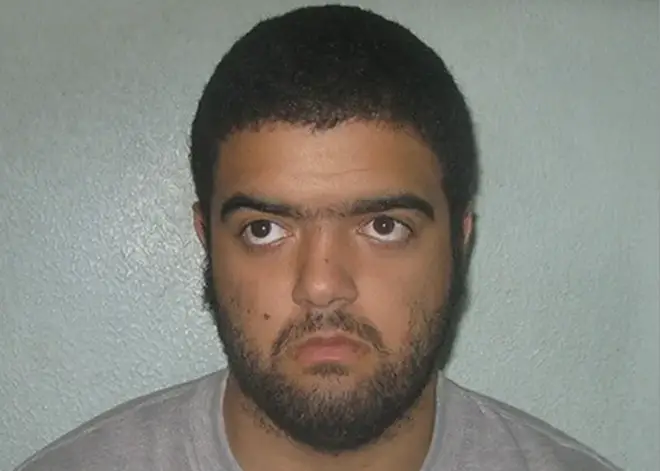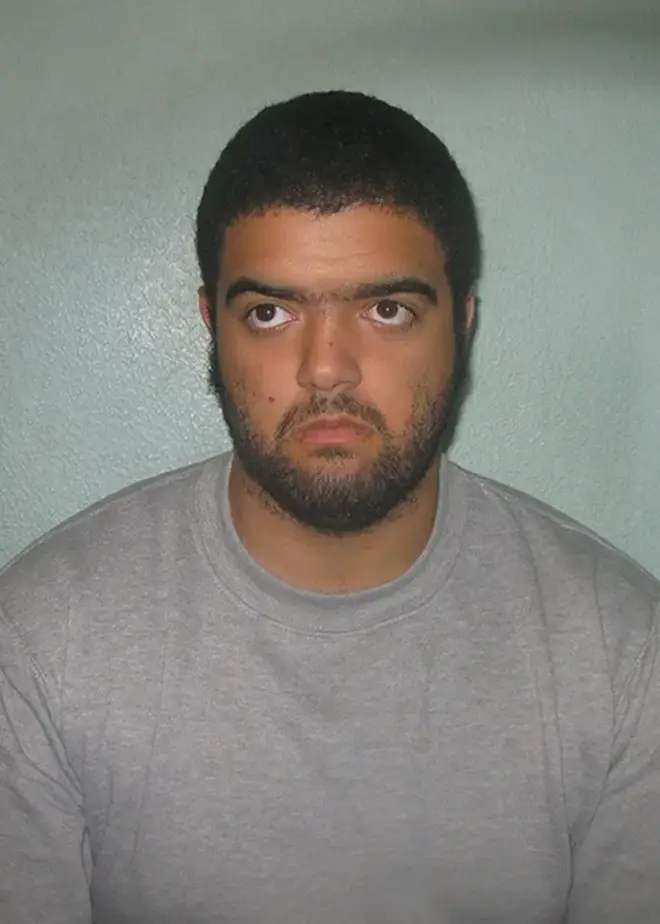
Shelagh Fogarty 1pm - 4pm
1 February 2024, 07:54

A severely mentally ill man who was put in a secure hospital after kicking to death a female custody officer has sparked fury after being seen walking free.
Humphrey Burke, who killed 54-year-old prison van attendant Lorraine Barwell in 2015, was given the same sentence as Nottingham triple-killer Valdo Calocane.
Both pleaded guilty to manslaughter on the grounds of diminished responsibility, rather than murder, citing poor mental health.
It was thought that Burke would never be let out of his secure hospital after being locked up in 2022.
But just two years later he has been spotted going to the gym and doing some shopping.

Review to be ordered into Nottingham attacker’s manslaughter conviction
A spokesman for the trust that manages Burke's hospital did not comment on the sighting, but said that "therapeutic time... in the community" is part of many patients' treatment.
Burke killed Ms Barwell when he was due to be sentenced for arson and robbery. He kicked her in the head in a prison van as she took him to Blackfriars Crown Court in London, knocking her down. His second kick broke her jaw and caused a brain haemorrhage.
She died in hospital two days later.
Burke was not deemed fit to stand trial, and was sent to Broadmoor. Seven years later he was ruled well enough for trial, and submitted his manslaughter plea, which was accepted. He was sentenced to an indefinite hospital order.
Ms Barwell's brother said that the sight of Burke walking free just two years later made "a mockery of the system".
"We were led to believe Burke would never be let out but there he is," he told the Sun.
"How can Burke stamp my sister to death and just be out in the supermarket and going to the gym years later like nothing has happened?

'It raises some massive questions about the state of mental health care in this country, doesn't it?
"We wanted a murder conviction at the time and look at what’s happened. As soon as they get diminished [responsibility verdict], they are on an easy life.
"That’s not justice for my sister. Lorraine deserved better. The safety of people working in her position has to be sacred. Prisoners have to see them as untouchable."
He added: “It’s the same for the poor families of those Nottingham victims — they are rightfully furious about what has gone on. They will now see this and be living in fear that the monster who took their family will be back on the streets in years.
"Like us, they’ve been told he’ll never be free but look what’s happened. My message to those families is keep pushing, push for the punishment he deserves.
"Keep fighting for justice — because if in three years’ time you see Calocane shopping at Sainsbury’s, you’ll feel sick.
"It will break your heart, like your loved ones died for nothing.
"This is sending the message to people that they can commit murder and there is a way out. We all know what to say, to take they easy way out. These killers are making a mockery of the system."

A spokesman for Oxford Health mental care trust said: "Due to patient confidentiality, we do not comment on, or confirm the identities of those in our care.
"However, we can say that if a person is being cared for by us as a result of a placement into mental health services rather than a prison sentence, part of their therapeutic time may well be spent in the community as opposed to being on a ward all the time.”
It comes after he families of Calocane's victims Grace O'Malley-Kumar, Barnaby Webber and Ian Coates raised concerns last week after he was also given a hospital order, rather than a prison sentence.